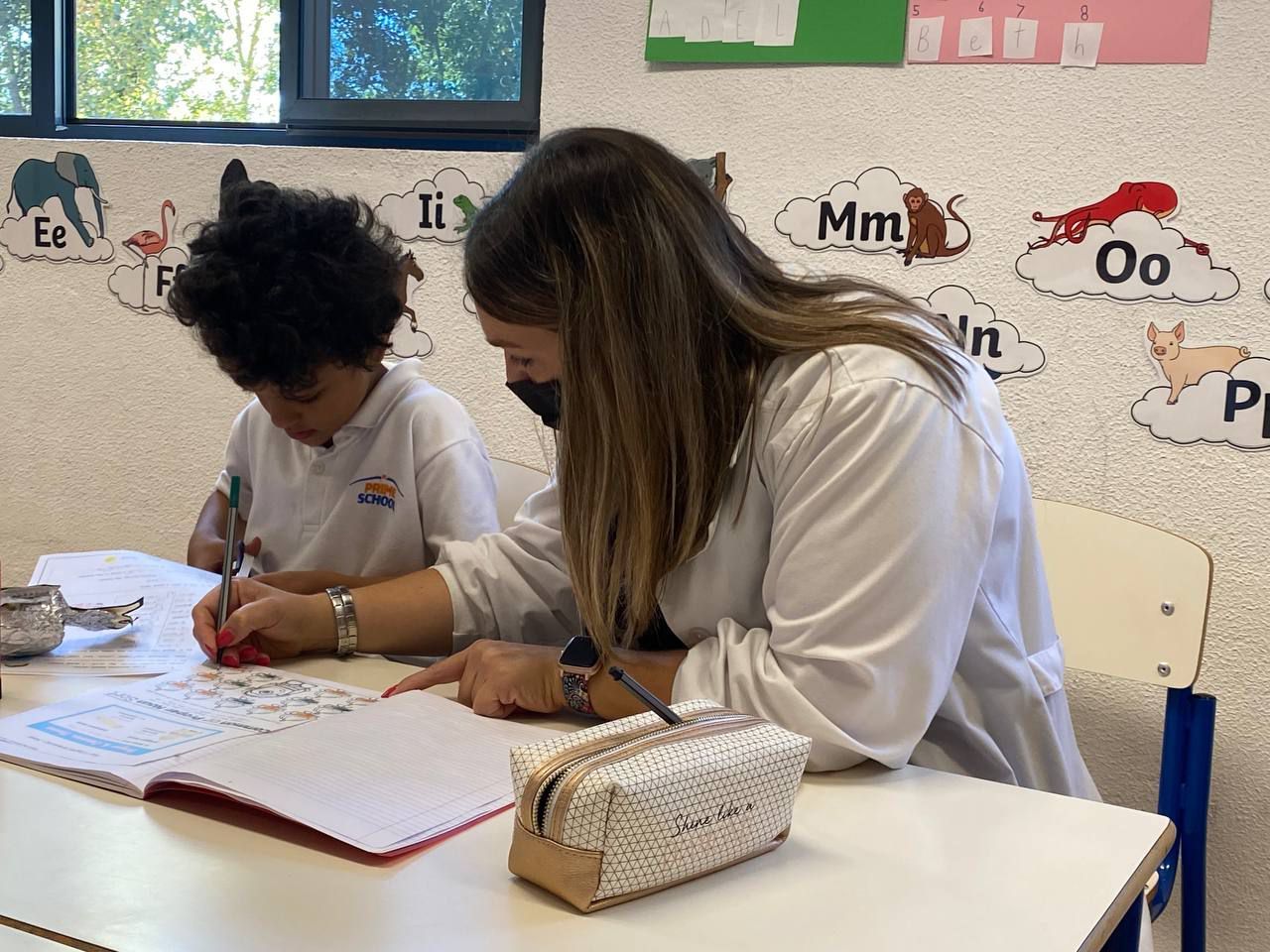Learn how to help your child learn effectively at home
Anyone with children knows that their study time exceeds the time they spend in school. Having time to do homework, prepare speeches and assignments. In these situations, it is very important that children and teenagers can count on the company of their parents, but many people still do not know how to help their children to learn.
Many people think that it is enough to let their children do their homework and then ask them if they do it, but in most cases, this is not enough. Whether it's a distraction, lack of engagement, lack of understanding, or any cognitive problem, we need to be more attentive to this issue. Closer monitoring - especially for young children - is needed to encourage and foster effective learning and learning.
Many factors affect children's learning. Therefore, we have prepared some tips on what parents can do to promote an effective experience for their children during their studies. Follow-up!
How can you help children to learn?
You can take different actions and interventions to help. They range from modifying the learning space to more active attention to school activities. You should consider that each case is unique and the age of the child is an important factor in determining how to act.
Below are some guidelines to help you start this journey with your child:
Create a suitable learning environment
It is very important that your child has sufficient learning space without being disturbed by the environment. In this regard, pay attention to whether the space he uses for activities has the following features:
good lighting
good ventilation
space for books and notebooks
furniture of an appropriate size
a comfortable chair that helps maintain good posture
silence and privacy (especially for older people).
In addition, working with him keeps the place organised and the materials he needs are still at hand. You can encourage him to organise and decorate the space himself, making it a pleasant environment that he enjoys.
Make a study plan
To develop study habits, regularity is essential. Therefore, learning becomes a daily activity and does not need to be postponed or avoided until all the work and tasks pile up and become a burden.
To that end, according to your child's daily activities, performance and the average amount of activity, work with your child to determine daily study time or study time - there is always a gap. At this point, it is important to consider the age of the child/teenager, knowing that younger children may stay focused for a shorter period of time than older ones.
Also, be careful not to overload. It is important to have time off and rest every day, this does not necessarily interfere or prevent your child from focusing on learning. Talk to your child and develop a routine that includes all this time and is relevant to both of you.
Ask your child what he has learned
Encourage your child to talk about what they are learning as this will help them better understand and memorise what they are studying. Instead of asking him to remember or giving automatic answers, ask thought-provoking questions, such as "Why is that?" And "What do you think?" If you master the topic, you can help him accordingly.
In addition to these behaviors, also avoid answering for him. Even if he has knowledge of the content, ask him to examine books and notebooks to find what he needs - using the Internet as a last resort. If he can't find the answer and doesn't know either, encourage him to ask the class teacher the next day. If necessary, help them compose the question, so they still create more of a connection.
Use technological resources to your advantage
Many times the internet can be harmful to learning, due to distractions, but at other times it can be a great ally. We must know how to pass this concept to the child. There are several applications that provide tools to assist in their studies, in addition to numerous free search engines available.
You can take the opportunity to talk to your child about the appropriate use of the Internet and the importance of searching for reliable sources. Especially if he is younger, try to first browse the internet with him and show him how to do a search, which sites and pages he should use and how he can verify the information found.
If he is older, he may have more autonomy to use the internet on his own. However, make sure that, during study time, he is not distracted on other sites, or on social networks. This is common, and even we do it ourselves from time to time, but it can hinder concentration and the quality of the study.
Be present
As you may have realised by now, your presence is the most important factor in the whole process. The younger your child is, the more availability you need to have to accompany him/her on the learning path. Don't forget that it is important to show that you care about your child's learning and that you are there to answer questions and help whenever necessary.
In addition, always try to promote a humanised education. Do not forget to praise the work well done and correct whatever you think is necessary, always in a kind way and without making unnecessary criticisms or scolding. This will make your child trust you and not hesitate to seek guidance when he/she needs it.
Little by little and with time, as the activities adapt to your routine, things will get easier and they will create more autonomy, searching for their own way of studying. However, be sure to always follow up and supervise, even if more distant, and check what is being done.
Finally, do not forget to educate by example. Hardly, parents who do not care about school and learning, or who do not give importance to education, will have children committed and interested in studying.
We know that the education of children and adolescents is only possible when there is family participation. That is why it is so important that parents are available and participate in the formation of autonomous and intelligent adults.
Now that you know how to help your child to study efficiently, follow us on social networks and get access to more content like this!



